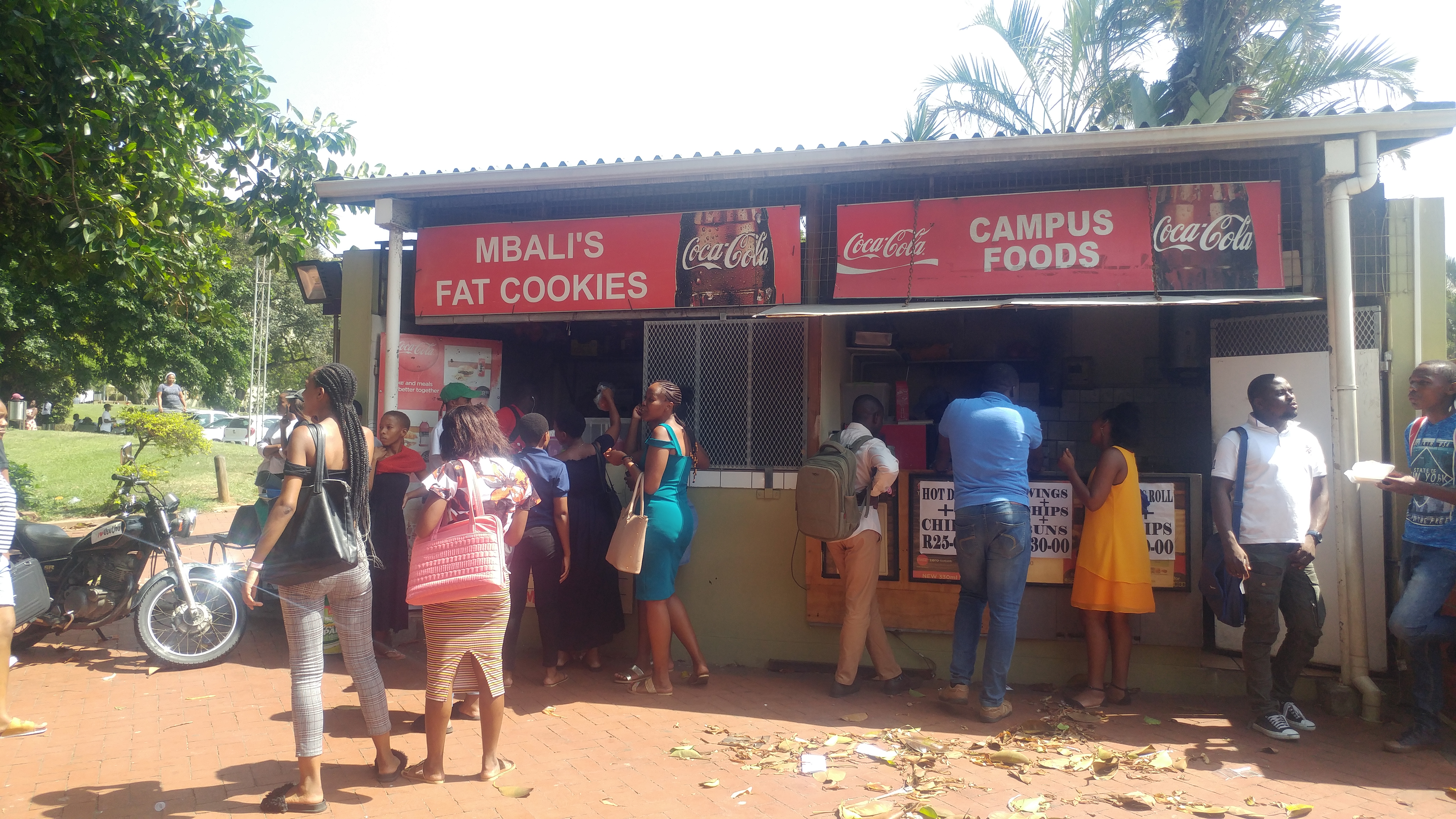“The loss is so great that sometimes we have to throw away some of the dough when it becomes stale due. The sad part is that I can’t do anything about it,” says Mbali Mkhize, a small business owner in Durban.
Mkhize sells food to students at the Durban University of Technology’s Steve Biko Campus, the majority of whom use meal allowances provided by the National Student Financial Aid Scheme (NSFAS). Due to load shedding however, the business which sells vetkoeks, fried chips, cooked meals, and cold beverages has taken a huge knock.
“Sometimes the power cut is twice a day, for two hours each time. The tricky part is that the time isn’t always precise, which makes it difficult for us to keep track and prepare,” she says.
https://old.thedailyvox.co.za/understanding-load-shedding/
On Tuesday, Eskom announced that the entity was implementing stage 4 load shedding, due to capacity shortages. This week, it also announced that blackouts could last as long as five years, and also that there was a possibility of a Stage 5 and 6 implementation in the future.
When the Daily Vox visited Mbali’s business, power had been out for almost two hours. A huge pot of half-kneaded dough was on the machine, which she said she would have to throw away if power was not back anytime soon.
“It’s so hard when you’re working with fermented flour because it has to be cooked within a certain time otherwise it all goes to waste,” she said.
Mkhize said further that she was also losing out on customers.
“We are using a card system to swipe for Nsfas students and they are the majority of our customers which means when there’s no power, they can’t buy,” Mkhize said.
Meanwhile these business owners are faced with loss, they also have employees they need to pay salaries to. Thembi Ngwenya (45), a mother of four owns a fast-food franchise in St Georges, in Durban CBD. She says load-shedding has had a major impact on her business.
“We use electricity for everything, so when the power blacks out we can’t do anything. It’s hard because I come from uMlazi, I have to pay my assistants, pay rent and still provide for my family. When things like this happen, it becomes a major frustration and a huge loss of business.”
“When I run out of food I have to wait until the power is back, and there’s nothing as hard as having to turn customers back because you’re out of food,” Ngwenya said.
St Georges is frequented by students who occupy higher learning institution residences and flats on this street. The likes of Ngwenya find it easier to get business going, however, the constant power cut has left them feeling helpless.
Asked if there were any alternatives in place should Stage 5 or 6 be implemented, to keep the business going, Zethembe Ngcobo* (51) of Simunye Food said there was no back up plan.
“As much as we are business people, we don’t really make enough to cover back-up plans such as having a generator which is very costly. With the business, we are able to cover bill costs such as rent, water, and electricity.”
“We still have staff to pay and provide for our families, so it’s a struggle. That’s why we get so frustrated when business has to be slow due to power cut,” Ngcobo said.
Ngcobo, who is among small business owners who are living below the bar says he is an employer of more than five people.
“Despite this problem of power outage, they still have to come to work, and I still have to pay them because it’s not their fault that power blacks out. This is weighing really heavy on some of us.”
“If this is to continue for the next few months, we might have to close down our businesses. Currently it’s hard to make any profit because of what’s happening, our government has really failed us,” Ngwenya said.
Eskom has made provision for load-shedding at various levels. Stage 1 calls for 1,000MW, stage 2 calls for 2,000MW, stage 3 calls for 3,000MW and stage 4 calls for 4,000MW to be rotationally shed off the national electricity grid.
Meanwhile the public is reeling in anger over load shedding, these business owners remained concerned about not having enough knowledge of how scheduling of load-shedding works. Sometimes they often mistake power outage, which is a “result of fault or trip on the local power network”, to load shedding, a controlled power disruption by Eskom.









